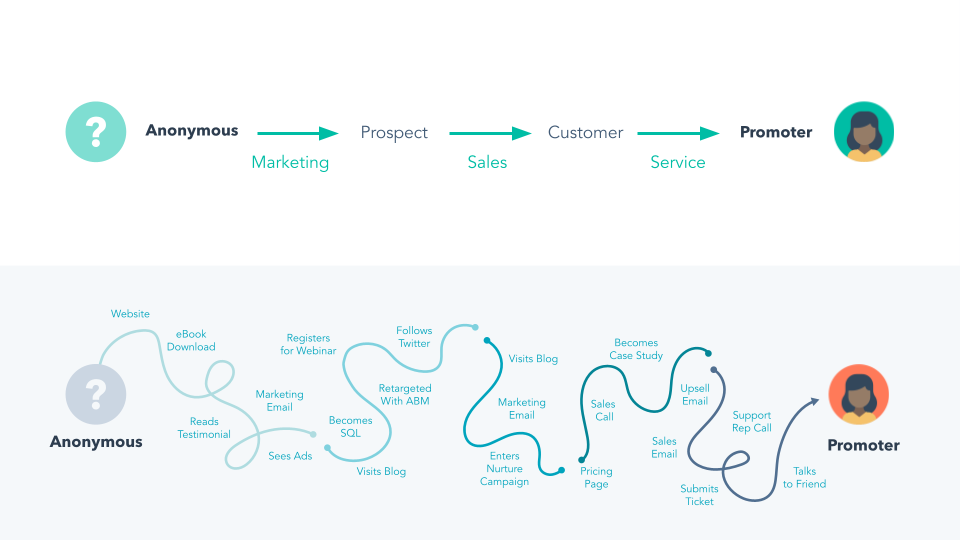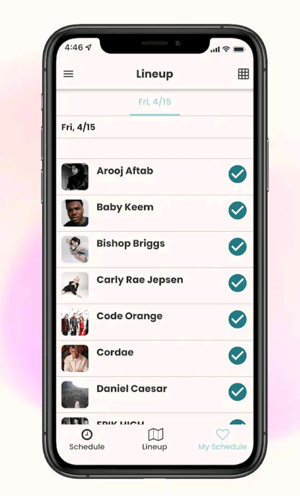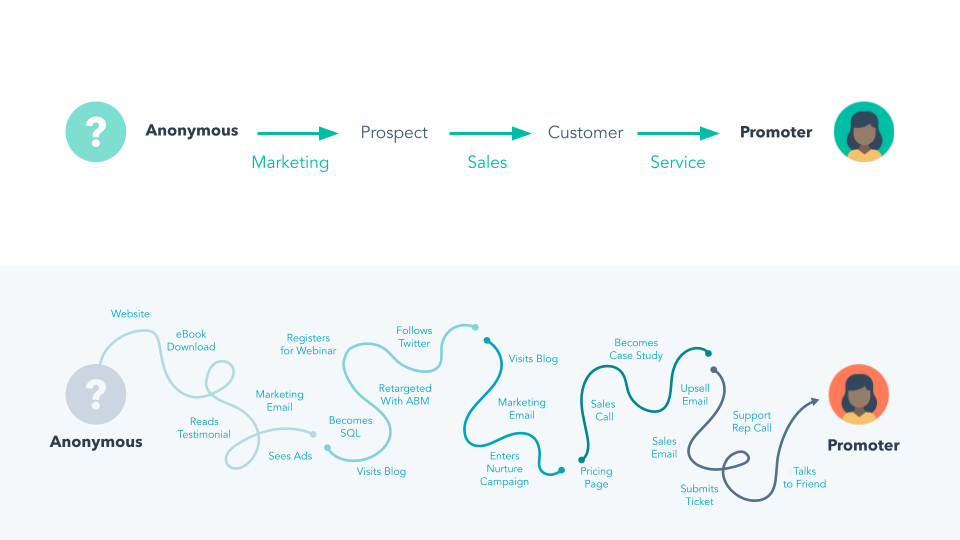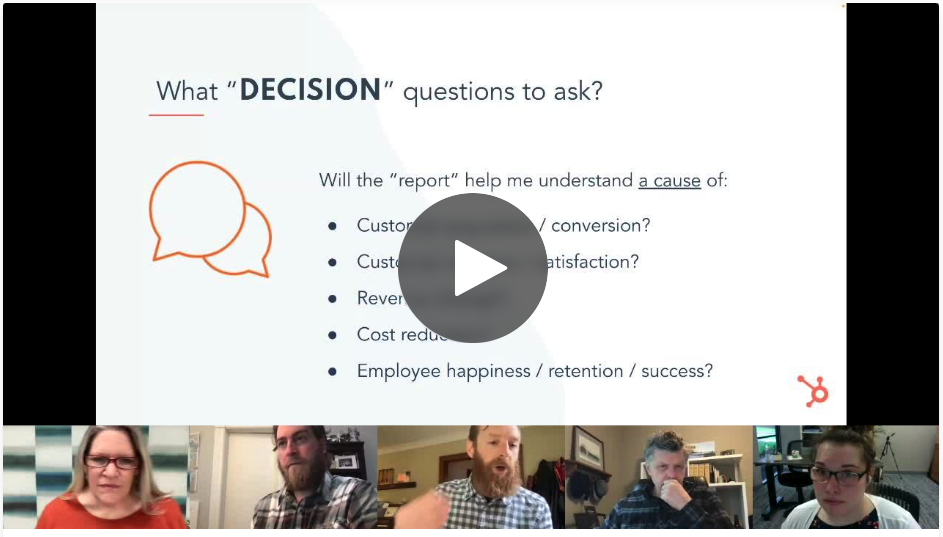Why You Need A Data-Driven Business
Data affects your entire organization. Whether it’s cultivating leads, caring for customers, or even communicating internally, with effective data analysis you can implement better strategies across the board.
At its core, data-driven decision-making means making judgments based on information rather than intuition, assumptions, or disjointed observation. Done well, it can allow you to anticipate what your customers need before they even ask.
And what business wouldn’t benefit from being able to see into the future?
Predicting customer behavior enables you to offer a frictionless buying journey. Which means, you’ll be adding value to every interaction.
A Frictionless Buying Journey

The delight customers feel when a business delivers that level of satisfaction will not only keep them coming back for more, it will also turn them into an army of mini-marketers spreading the good word about your service. Can you afford to turn down free marketing?
“HubSpot research has shown that 77% of consumers shared positive experiences with their friends on social media or on review sites.”
Small-to-medium sized businesses report that word of mouth (including social media) is their single best source of referrals. But at the same time, failing to thrill your customers can be disastrous.
“94% of consumers have discontinued communications with a company because of irrelevant promotions or messaging.”
With so much at stake, you can’t count on your gut or guesswork to keep your customers happy. The more data you have, the more certain you can be in your decision making.
With information about your target audiences readily available, it’s possible to personalize and optimize at every stage of the customer journey. Everything from behavior prediction, best-fit prospects, user research, beta testing, surveying support channels, industry trends, and more can all be researched, analyzed, and acted upon, if you know what to look for.
Real-World Example
But collecting data doesn’t have to be complicated. Sometimes data is right there, just waiting to be noticed. For example, on its way to becoming the world’s most popular music festival, Coachella used data from its online message board to figure out who were the most talked-about acts amongst its most enthusiastic consumers. It would then use this information to help decide which performers to book at future festivals.
 As Coachella grew and technology evolved, the festival created an app that allowed users to select the artists on the lineup they were most excited to see. Coachella then used the data gathered from the app to help it decide which acts should perform later in the day when more fans were there to enjoy them.
As Coachella grew and technology evolved, the festival created an app that allowed users to select the artists on the lineup they were most excited to see. Coachella then used the data gathered from the app to help it decide which acts should perform later in the day when more fans were there to enjoy them.
By unobtrusively gathering data from its customers using voluntary platforms, the festival organizers were able to create the best possible customer experience.
No wonder it’s become one of the most famous music events in the world.
This level of data-driven, user-centered approach is at the heart of inbound and CRM-powered marketing. Inbound marketing meets customers wherever they are and offers engaging, valuable information to suit their needs.
Data & Growth
HubSpot visualizes this business model like a flywheel, with the core activities of attracting, engaging, and delighting the prospect at every stage of their journey. Any forces that make the flywheel spin faster, like investing in strategies that acquire and retain customers, increase momentum and growth. Any friction created, for example, when handing off customers between teams, can cause you to lose steam.
Let’s re-examine the Coachella example through the lens of inbound marketing and the flywheel model.
- First, the festival attracted customers by creating an active online community of music fans looking for a place to talk about the music they love.
- Next, it engaged those fans by offering a festival full of the same music they talked about online.
- And finally, it delighted attendees by creating the best possible experience at the festival using more data it got from those same customers.
What can we learn from this example? Building a company around data means establishing a culture where people are not only driven by results but also driven by learning. This means teams that are not only looking to adapt, but also to innovate around the needs of the customer.
Gaining Powerful Insights with HubSpot Reporting
Thinking about collecting data and creating custom reports that drive insights and decisions? Check out our latest on-demand webinar Gaining Powerful Insights with HubSpot Reporting.
In this 60-minute webinar, learn:
- How to evaluate your existing reports and dashboards
- 5 important questions to ask prior to creating any custom report
- How to create decision-making tools, not just reports



